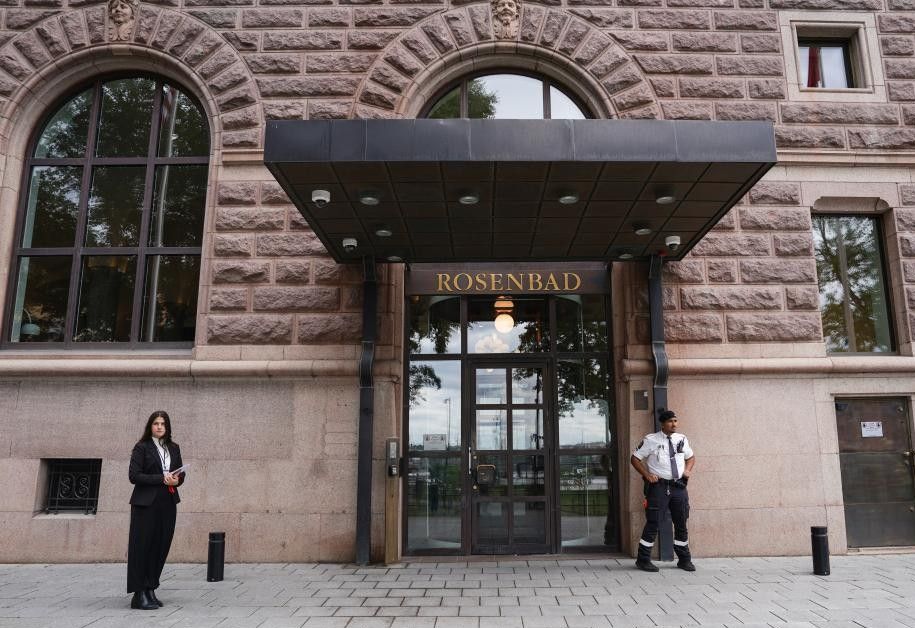The talks aim to find solutions to the long-standing trade dispute between the world's two largest economies and aim to extend the tariff ceasefire by 3 months.
The US delegation led by Finance Minister Scott Bessent arrived at the Swedish Prime Minister's Office in the early afternoon. Chinese Deputy Prime Minister He Lap Phong also appeared. The negotiators left the building at around 8pm (local time) without answering the press. The negotiations are expected to continue on July 29.
China is ahead of August 12 deadline for a stable tariff deal with the Trump administration, after the two sides reached preliminary agreements in May and June to end a series of escalating tariff retaliations and cutting off supply of rare earth minerals.
Speaking at a press conference with British Prime Minister Keir Starmer in Scotland, President Donald Trump mentioned the negotiation process: "I hope China will open up its economy."
According to US Trade Representative Jamieson Greer, he did not expect a "big breakthrough" right in this round of Stockholm negotiations.
I think this is the next step to monitor and evaluate the implementation of previous agreements, ensuring the flow of essential minerals between the two sides and preparing a foundation for more balanced trade in the future, he said on CNBC channel.

The day before, the US had reached its largest trade deal with the European Union (EU), imposing a 15% tariff on most of its exports from the EU to the US.
This context raises expectations that the US and China could also extend the tariffs by another 90 days as trade experts predict.
The possibility of an extension will support the planning of a meeting between President Donald Trump and General Secretary and President of China Xi Jinping in late October or early November.
According to the Financial Times, the US has temporarily suspended some measures to control technology exports to China to avoid affecting the negotiation process and promote the meeting between the two leaders.
Previous negotiations in Geneva and London in May and June mainly focused on cooling the already high-digit retaliatory tariffs and restoring the trade flow of rare earth minerals from China and technology products such as AI chips from the US.
However, current dialogues have not yet gone into core issues, such as China's export-oriented economic model or the US technology export control policy.
Geneva and London are just a warm-up for both sides to move towards more substantial negotiations in the future, said Scott Kennedy, an economist at the Center for Strategic and International Studies in Washington.
Bessent has repeatedly stressed China's desire to rebalance its economy from export dependence to domestic consumption - a long-term goal of the US administration.
Meanwhile, Beijing's dominance in the global rare earth supply chain continues to be a strategic factor in negotiations with Washington.











